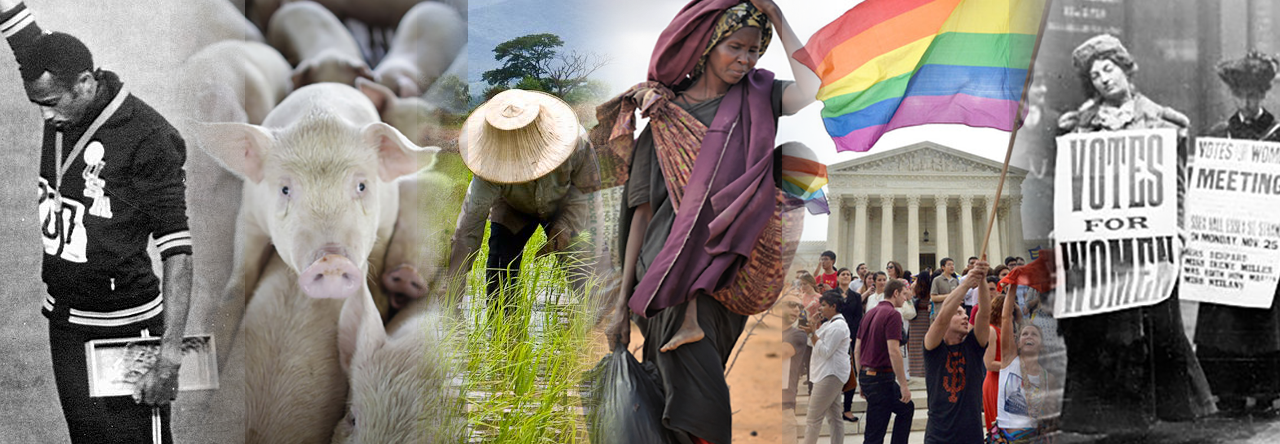Labour Market Injustice
Labour markets are rife with questions of justice. This series of blog posts; explore cases of injustice, highlight theoretical puzzles and point towards possible solutions. They emerged from debates at the ‘Labour Market Injustice’ Workshop co-hosted by Newcastle and Durham Universities and generously sponsored by the Society for Applied Philosophy. In this fourth post Sarah Goff discusses bearing the costs of maternity leave.
In a 2004 interview, Donald Trump described pregnancy as an “inconvenience” for business. Whether or not this remark reveals anything about President Trump’s intentions for his promised reforms to maternity leave in the U.S., it seems plausible as a statement of fact. For a business, it often will be an inconvenience for employees to have a legal right to take a leave of absence and return to their positions without penalty. Of course, the cost of providing paid leave is additional to any costs incurred from the inconvenience of the leave-taking itself.
Observing that there are costs to maternity leave does not imply new mothers lack a moral right to take it. The observation simply raises the question of who is responsible for bearing these costs. The case for employers to provide paid maternity leave is less strong than the case for employers to accommodate new mothers in taking a period of leave with a right to return to their jobs. While only employers can bear the cost of the inconvenience to business, there are many feasible arrangements for other actors to bear the costs of providing financial support during maternity leave. In fact, there is substantial variation across societies in: public provision for paid maternity leave, legal mandates on employers to provide paid leave, employers’ provision of paid leave in excess of legal requirements (particularly in high paying industries where there is a business interest in retaining skilled employees), and social and cultural practices of support for new parents from extended families and kinship networks.
Read More

